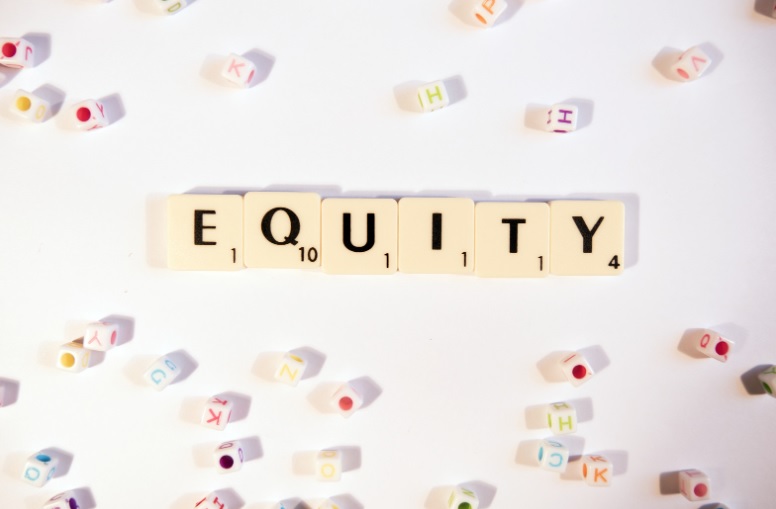Positive Equity:
Positive equity in a house refers to the value of the house being greater than the amount that is still owed on the mortgage. In other words, if you were to sell the house, you would be able to pay off the mortgage and still have some money left over. This is in contrast to negative equity, which is when the value of the house is less than the amount that is still owed on the mortgage.
Positive equity is generally considered to be a good thing for homeowners because it means that they have built up some equity in their home, which can be a source of financial security. For example, if you have positive equity in your home, you may be able to borrow against it to pay for home improvements, pay off other debts, or fund other expenses. Additionally, having positive equity can make it easier to sell your home, since you will be able to cover the mortgage and still have some money left over.
It’s important to note that the value of a house can fluctuate over time, and what is considered positive equity at one point may not be considered positive equity at another point. It’s important for homeowners to keep track of their equity and the value of their home, and to be aware of factors that can affect these things.
Negative Equity:
Negative equity in a house refers to the value of the house being less than the amount that is still owed on the mortgage. In other words, if you were to sell the house, you would not be able to pay off the mortgage and would still owe money to the lender. This is in contrast to positive equity, which is when the value of the house is greater than the amount that is still owed on the mortgage.
Negative equity can be a problem for homeowners because it means that they have not built up any equity in their home, and may not have a financial cushion if they need to sell the house or if they run into financial difficulties. Additionally, if the value of the house declines further, the homeowner could end up owing more on the mortgage than the house is worth, which can make it difficult or impossible to sell the house.
If you find yourself in a situation where you have negative equity in your home, it’s important to carefully consider your options and seek financial advice if necessary. Depending on your circumstances, you may be able to refinance your mortgage to lower your monthly payments or take other steps to improve your financial situation. It’s also important to be aware of any potential consequences of not being able to make your mortgage payments, such as foreclosure.
If homeowners have had positive equity gains over the past 12 months, it means that the value of their property has increased by more than the amount they have paid towards their mortgage. This can happen for a variety of reasons, including an increase in demand for housing in the area, improvements made to the property, or simply due to market forces that drive up property values.
Having positive equity can be a good thing for homeowners, as it means that they have built up a financial asset in their property and may be able to use that equity to borrow against or sell the property if they choose. It can also give homeowners more financial stability and flexibility, as they have more options available to them in terms of managing their mortgage and other debts.

